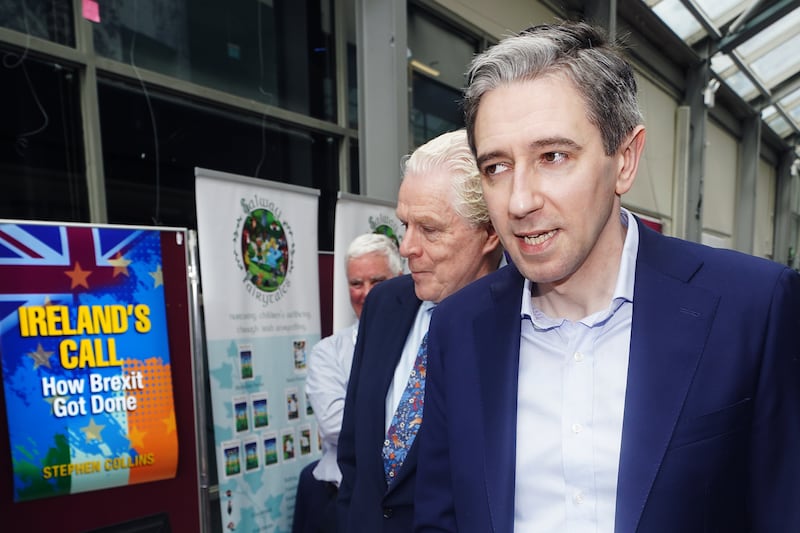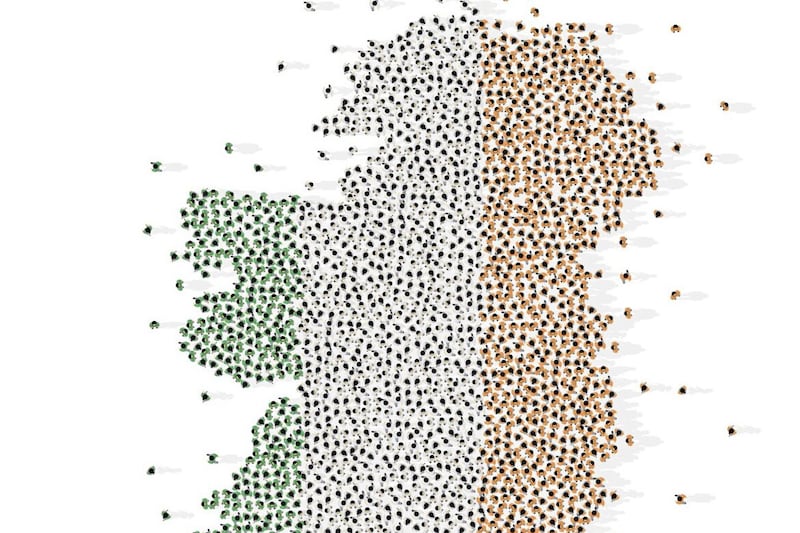Earlier this month I had an opportunity to address members of the Oireachtas in Dublin. I spoke about the alternative northern Protestant tradition of radical dissent, and explored how it might be given a voice in the current constitutional debate.
Ultimately, I called for an official and meaningful process of citizens’ assemblies on the topic of a new Ireland to begin as soon as possible.
Two days later, Irish citizens roundly rejected two referendum proposals from the Irish government. The first sought to expand the definition of family in Bunreacht na hÉireann. The second, to change the wording on care in the home.
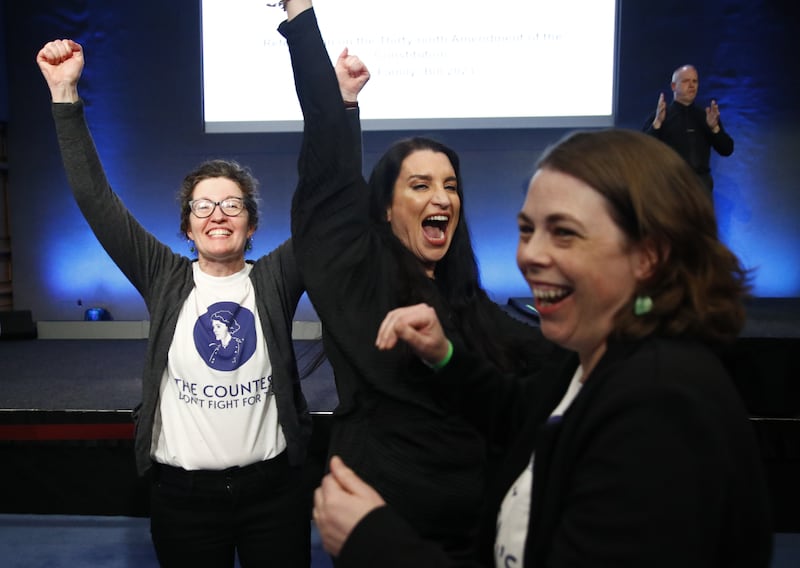
The reasons for the defeats have been written about extensively. The short version is that two ‘Yes’ votes were taken for granted. It felt like government was doing its own thing, without engaging people on the ground.
There was none of the grassroots activism or storytelling passion we saw in the run-up to the marriage equality referendum in 2015 or the repeal of the eighth amendment in 2018.
In fact, the only effective grassroots campaign was led by disabled people and their carers on the ‘No’ side, convincing the electorate that the care amendment implied that the state was shirking its responsibility, leaving the job to already struggling families.
Actually, there was a way the government could have predicted this. It could have listened to the citizens’ assembly on gender equality, which reported in June 2021. This recommended that the state’s duty of care, inside and outside the home, be specifically written into the constitution. However, the government overruled the citizens’ assembly wording and plumped for its own – diluted – version.
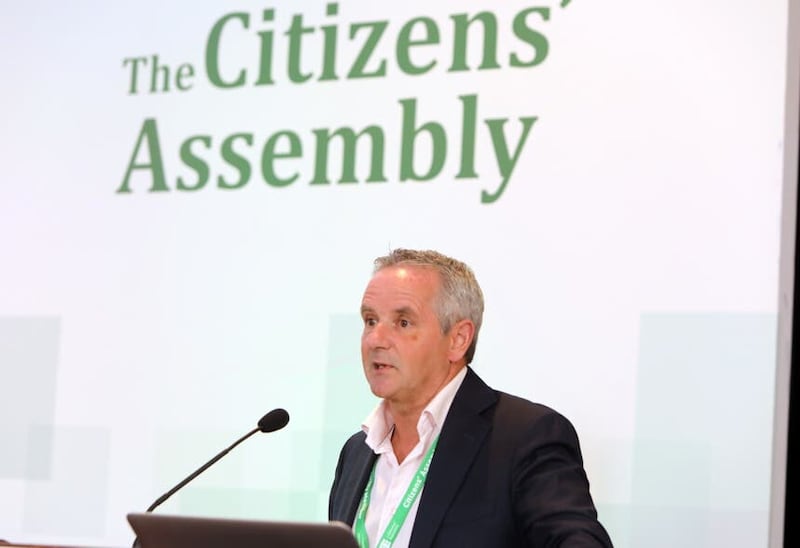
This had me questioning why I was pitching for a citizens’ assembly process on a new Ireland. Would its recommendations also be ignored?
In November 2023, Professor Jennifer Todd and Dr Joanne McEvoy presented research on citizens’ engagement with the constitutional question to the Good Friday Agreement Implementation Committee in the Oireachtas.
They had run mixed focus groups and deliberative cafés, north and south, including with many people who were undecided on the constitutional question. They found that people approached the discussions with trepidation and did not like the ideological way that unity was currently being discussed.
But they also found that it took a very short time – in all cases – for people to locate their shared values and interests: bread and butter issues, healthcare, women’s rights.
- Ireland’s Future claims ‘evidential basis’ to support 2030 border pollOpens in new window
- Unionists want ‘reconciliation’ to be the new precondition for holding a unity vote - Chris DonnellyOpens in new window
- Let’s learn lessons of history and be clear on criteria for calling border poll – Cormac MooreOpens in new window
Dr McEvoy said: “[W]e found the more people talked, the more there was convergence. Frequently, participants re-engaged with statements they had made early on and qualified them, learned from one another’s viewpoints.”
Prof Todd said attitudes to change were initially quite fixed in the south. But “the more people talked, the more they changed their minds”.
On this basis, Todd and McEvoy called for a wide-ranging series of deliberative cafés across the island as part of a wider constitutional debate.
Some of this work is already happening informally, led by political parties and civic organisations as well as academics. In ‘Ireland 2030′, published earlier this month, Ireland’s Future called for these endeavours to be complemented by a state-led process of “all-island forum/assembly/dialogue”.
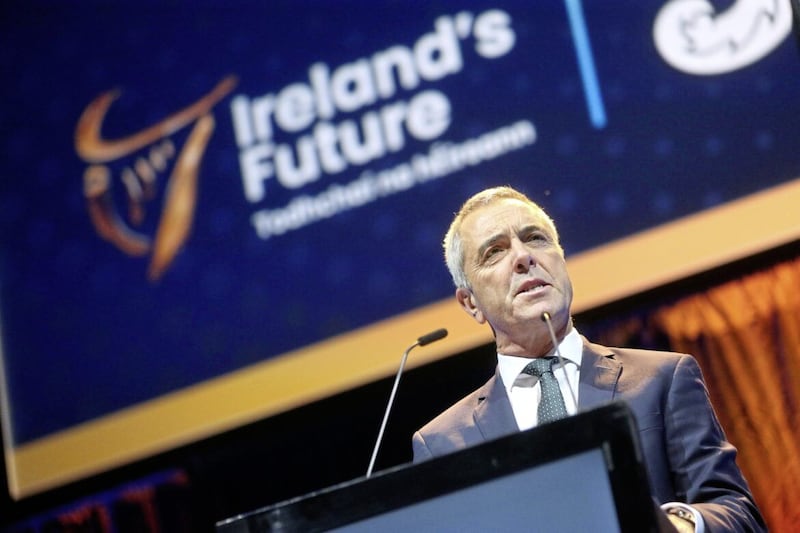
My own sense is that many people are ready, willing and often excited to engage in this kind of dialogue about our future politics. This includes many northern Protestants.
I have no doubt that this process would help identify core issues for unity planning. That it would build relationships and erode stereotypes. Maybe it could even help spark democratic renewal, where people – north and south – might begin to feel like active citizens again.
Arguably, a citizens’ assembly process on a new Ireland may come up with far more challenging proposals than previous assemblies. The ‘new’ part could be startling for some.
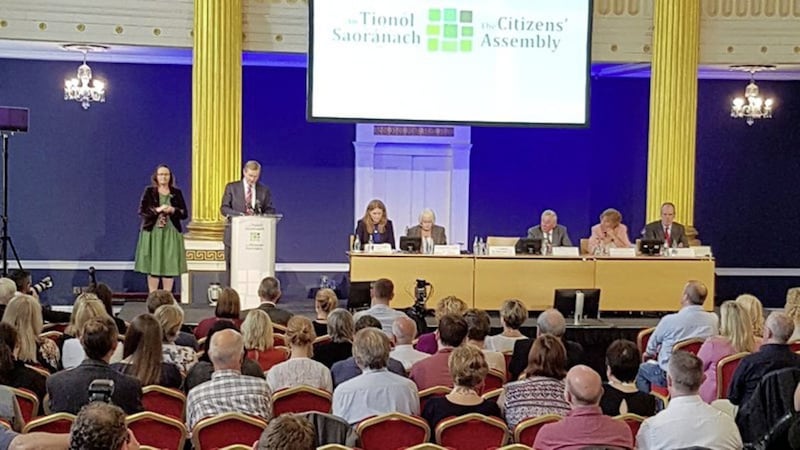
The idea that the north would not just be assimilated into the south, but that the Republic could be re-imagined to cherish all prospective citizens, is not for the faint-hearted. Ordinary people are often ahead of the politics. Citizens might make bold requests of the state.
Might this explain the reluctance to begin the process?
My own sense is that many people are ready, willing and often excited to engage in this kind of dialogue about our future politics. This includes many northern Protestants
Ireland is good at civic dialogue. We have seen this in action many times in previous citizens’ assemblies and referenda campaigns in the south; in peace negotiations and ongoing community work in the north.
A meaningful process of all-island citizens’ assemblies could be transformational. It could set the island on a new trajectory.
Is official Ireland up for that?



